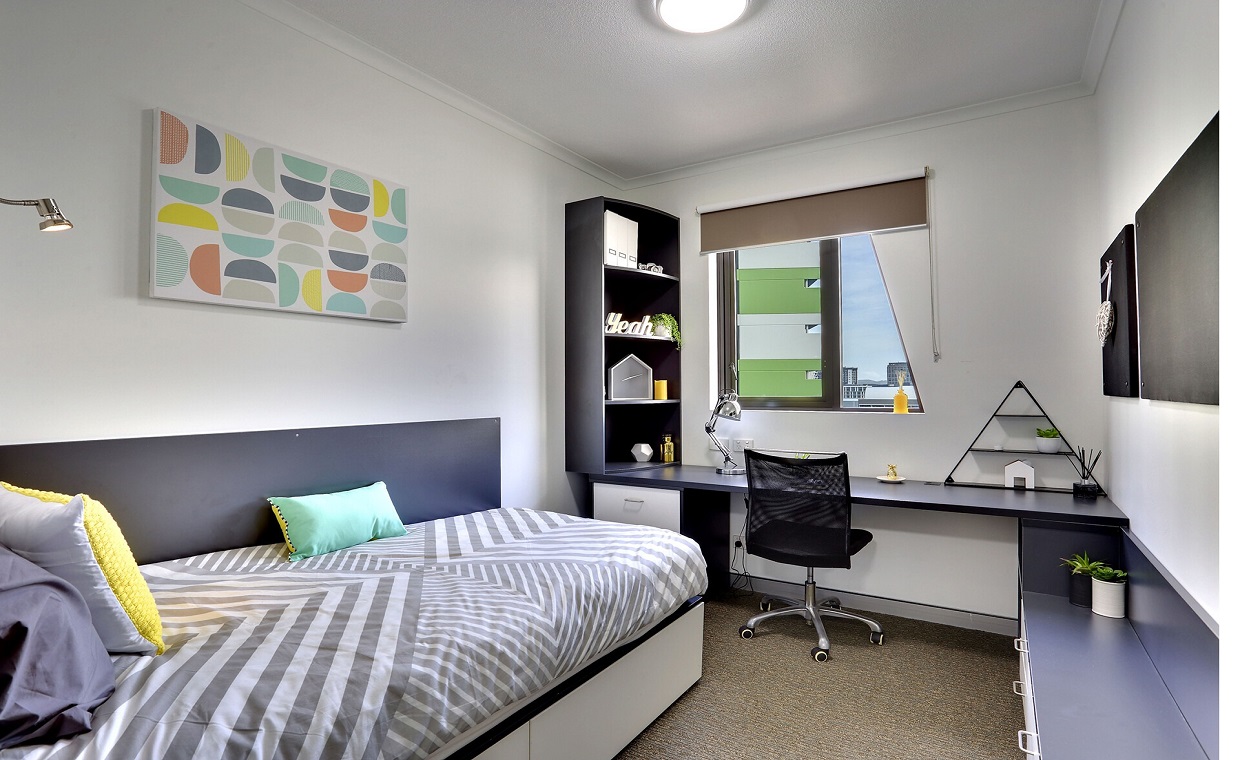
Investing in rental properties is a lucrative way to secure steady income and long-term growth. However, the path to becoming a successful landlord involves more than just purchasing a property. Because of this, you must take the necessary steps to prepare to ensure that your first rental investment is profitable and hassle-free.
This guide will provide eight essential tips for new landlords like you to make informed decisions and avoid common pitfalls. Whether you’re eyeing apartments for sale in Downtown Dubai or considering other locations, these tips will set you on the right track.
Essential Tips for New Rental Property Landlords
Are you renting out property first time? Check out these tips for first time landlords:
01. Understand the Costs Involved

When purchasing a rental property, you must learn to recognise that the costs involved go beyond the down payment. You must take into account several other expenses, such as legal fees, inspection costs, property taxes, and more.
Take Downtown Dubai as an example. If you’re looking at apartments in this area, you’ll need to factor in additional expenses beyond the property’s sticker price, such as the following:
- Transfer fee (4 per cent of the property price)
- Admin fee
- Registration fee
- Agency fee (around 2 per cent of the property price)
For a property priced at AED 890,000, these additional costs can add up to AED 947,580. This includes a transfer fee of AED 35,600, an admin fee of AED 580, a registration fee of AED 4,200, and an agency fee of AED 17,800 – all of which amounts to an additional AED 58,180.
Budgeting for these expenses allows you to avoid financial surprises. It pays to have a clear understanding of all costs involved in the purchasing process to ensure you can comfortably afford your investment.
02. Check for Rental Restrictions
Besides the costs, you also need to know about any local rental restrictions in your target area for your investment property. These can vary widely and may significantly impact your ability to generate rental income, especially if you plan on short-term rentals.
Local regulations and homeowners association (HOA) regulations can vary widely. For instance, some areas may have strict rules against short-term rentals, while others might limit the number of occupants or require specific tenant screening.
To avoid legal issues, research and verify the rental restrictions in your target area. Look into local government and HOA guidelines to ensure you comply with all applicable rules. This is an important tip for new landlords and it ensures that your rental property investment remains profitable and legally sound.
03. Plan for Property Maintenance Expenses

Owning a rental property comes with ongoing maintenance and repair costs. These expenses can add up quickly, so you must budget for them to avoid financial strain.
Property maintenance includes routine inspection, unexpected repairs, and emergency fixes. You may need to handle issues like plumbing leaks, air-conditioning breakdowns, or general wear and tear.
To estimate these costs, consider using one of the following rules:
- The 1% rule – Set aside 1 per cent of the property’s value annually for maintenance.
- The 50% rule – Budget 50 per cent of your rental income for operating expenses, including maintenance.
- The square footage formula – Estimate maintenance costs based on the property’s square footage, allocating a specific amount per square foot annually.
- The 5X rule – Set aside five times the monthly rental income for maintenance and repairs.
Having a clear plan for these expenses ensures you can maintain the property in good condition, keep tenants satisfied and protect your investment.
04. Learn Landlord Responsibilities
Becoming a landlord entails more than just collecting rent. You’ll need to manage various responsibilities, from tenant management to property upkeep and legal obligations.
Tenant management includes screening potential tenants to ensure they are reliable and respectful. This process involves checking references, verifying income, and ensuring they meet your other criteria. Property management services can help simplify this process.
Once tenants move in, you must address their concerns promptly and maintain open communication to foster a good landlord-tenant relationship.
Property maintenance is another critical responsibility. Regular inspections and timely repairs help you keep the property in good condition and avoid larger, costlier issues in the future.
Additionally, you must stay informed about and comply with local landlord-tenant laws to avoid legal disputes and penalties. These regulations cover security deposits, eviction processes, and tenant rights.
Being proactive and well-informed about these duties will help you manage your rental property effectively, keeping you and your tenants happy. Consider consulting with experienced landlords to gain a better understanding of your responsibilities.
05. Decide on Property Management

As a landlord, you must choose between managing the property yourself and hiring a professional. Each approach has pros and cons, so the best choice depends on your situation and preferences.
Self-management might be suitable if you have the time, skills, and proximity to the property. It allows you to save on management fees and have direct control over all aspects of your property. However, it requires time, effort, and commitment, as well as the ability to handle maintenance issues, tenant concerns, and administrative tasks.
On the other hand, you won’t have to worry about any of this when you work with reputable property management companies, as they take care of the day-to-day tasks on your behalf. They take care of everything, from tenant screening to maintenance and rent collection. They often have access to vetted contractors and can ensure all tasks are completed efficiently.
However, their service comes at a cost – usually, a percentage of the monthly rent. Plus, not all property managers are equally competent, so you need to perform thorough research and vetting.
06. Prepare for Vacancies
Rental properties won’t always be occupied. There will be times when your property sits vacant, so you must prepare for these periods.
Vacancies can occur due to tenant turnover, renovations, or market conditions. To avoid financial stress during this period, you need a solid strategy:
- First, maintain a financial buffer to cover expenses during vacancies. This includes mortgage payments, utilities, and maintenance costs. Aim to have at least three to six months’ worth of expenses saved.
- Next, take advantage of vacancies to perform necessary repairs and upgrades. This will keep your property in great condition and make it more appealing to prospective tenants.
Additionally, consider ways to minimise vacancy rates. You can do this by:
- Setting competitive rent prices.
- Offering incentives like a free month’s rent.
- Ensuring your property is well-maintained to attract tenants quickly.
- Using social media and online platforms to market your rental effectively.
If you’re ready for vacancies and take proactive steps to fill them quickly, you can maintain a steady flow of income from your rental property.
Seal the Deal
Proper preparation can make investing in rental properties rewarding. Follow these essential tips for new landlords to navigate costs, responsibilities, and management challenges. Don’t forget to seek expert advice from agencies like Betterhomes LLC, especially if you’re eyeing apartments for sale in Downtown Dubai. Thorough preparation ensures a successful rental property investment.
Make sure to enhance your rental property appeal by following our guide:
5 Key Strategies to Enhance Rental Property Appeal for Residents






























